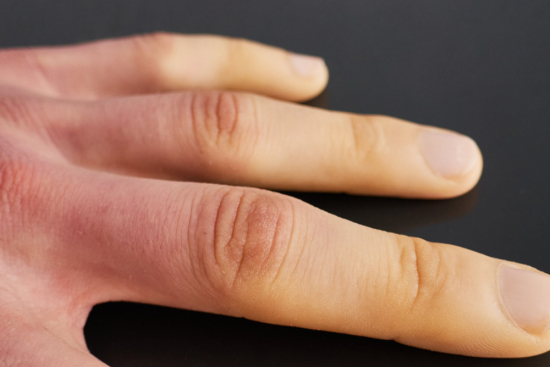Are you or a loved one living with scleroderma and looking for practical solutions to improve your daily life? Although scleroderma is a rare and complex autoimmune disease, it can now be treated in a targeted way to reduce its symptoms and limit its progression.
In Turkey, several specialized facilities offer a comprehensive approach, combining therapeutic innovation, multidisciplinary expertise and personalized support.
How much does scleroderma treatment cost in Turkey?
Rates depend on the type of scleroderma, the patient's general condition, and the length of the medical stay. For information:
- On-site specialist consultation: from €60.
- Complete treatment plan: between €1,500 and €5,000, depending on the complexity of the case and the services included.
This price often includes: care, hospitalization, interpreting, transportation and accommodation.
Need a personalized quote? We study each case carefully to offer you a clear, transparent quote tailored to your situation.
Contact us for a free, no-obligation quote within 24 hours.








